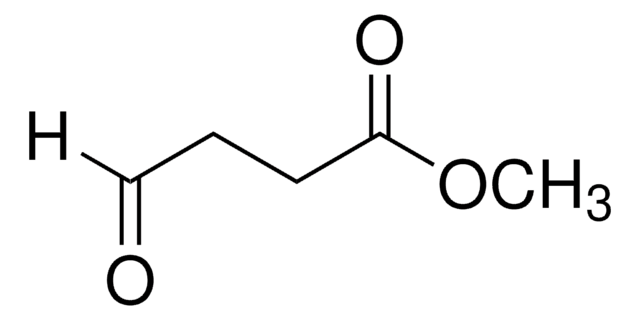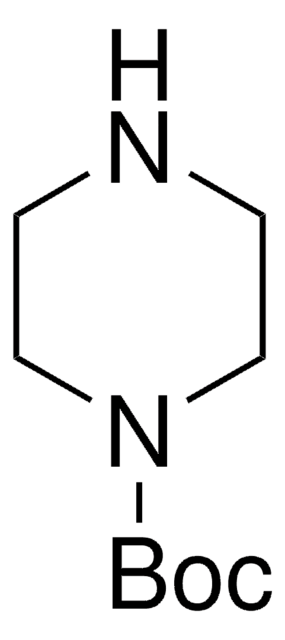917869
2-(2-(Piperidin-4-yl)phenyl)acetic acid hydrochloride
≥95%
Synonym(s):
Semi-flexible linker for PROTAC® development
About This Item
Recommended Products
Quality Level
Assay
≥95%
form
powder and chunks
reaction suitability
reagent type: linker
functional group
carboxylic acid
storage temp.
2-8°C
SMILES string
O=C(CC1=C(C2CCNCC2)C=CC=C1)O.Cl
Application
Other Notes
Legal Information
related product
Storage Class Code
11 - Combustible Solids
WGK
WGK 3
Flash Point(F)
Not applicable
Flash Point(C)
Not applicable
Regulatory Listings
Regulatory Listings are mainly provided for chemical products. Only limited information can be provided here for non-chemical products. No entry means none of the components are listed. It is the user’s obligation to ensure the safe and legal use of the product.
JAN Code
917869-100MG:
917869-VAR:
917869-BULK:
Choose from one of the most recent versions:
Certificates of Analysis (COA)
Sorry, we don't have COAs for this product available online at this time.
If you need assistance, please contact Customer Support.
Already Own This Product?
Find documentation for the products that you have recently purchased in the Document Library.
Our team of scientists has experience in all areas of research including Life Science, Material Science, Chemical Synthesis, Chromatography, Analytical and many others.
Contact Technical Service





![7-Bromo-2,3-dihydro-[1,4]dioxino[2,3-b]pyridine AldrichCPR](/deepweb/assets/sigmaaldrich/product/structures/304/449/cdda5289-0398-42ae-add0-76b72eea0e49/640/cdda5289-0398-42ae-add0-76b72eea0e49.png)


